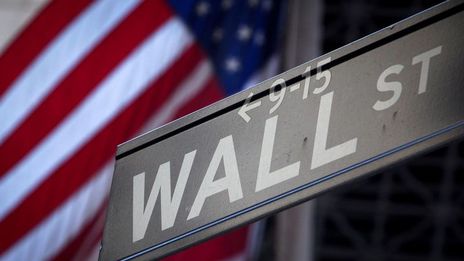If we keep telling you that currencies are mainly influenced by national monetary policies, we almost forget the other components that determine exchange rates. How else to explain sterling's strong advance against currencies as diverse as the dollar, the euro, the Canadian dollar, the Australian aussie and the New Zealand kiwi? Certainly, some of these currencies (CAD in particular) are intrinsically weak, while the JPY's sharp movement last week can be attributed to the latest US inflation data.

Perhaps we need to look to the stock market to understand the infatuation with sterling. Indeed, if currencies are classically referred to as "fast money", it's for a very simple reason: before you start buying British stocks, you have to hold the corresponding currencies... My colleague Tommy Douziech pointed out to me that the London stock market was globally undervalued compared to its peers. For the details and to avoid paraphrasing, I refer you directly to his article and simply quote his conclusion: "UK equities, although undervalued, present significant upside potential as investor sentiment begins to improve and fund flows return to positive territory."
One way of expressing sterling's rise is against the Canadian dollar. The pair has broken through the 1.7300 level, which had acted as resistance since 2023, leaving room for upside before reaching 1.7830.

 By
By 



















